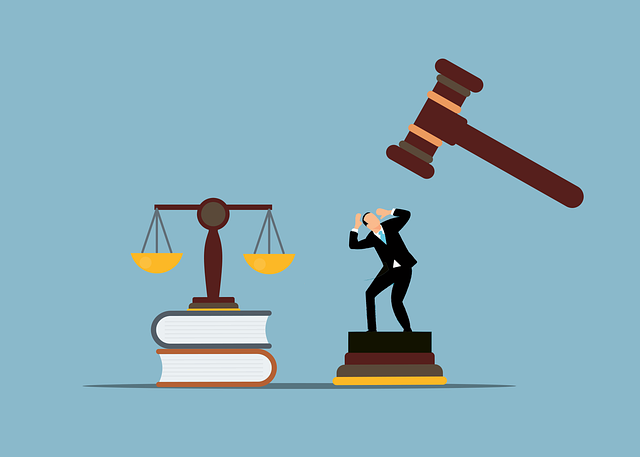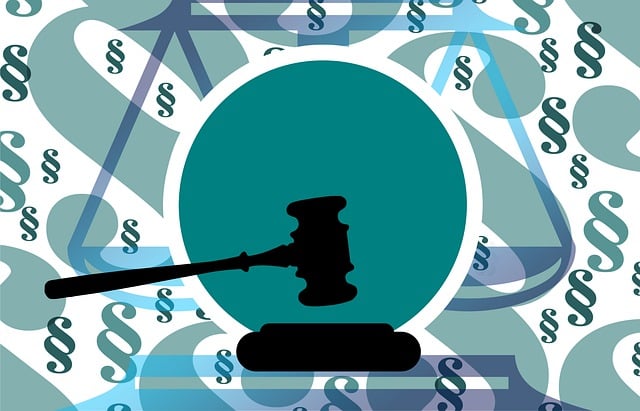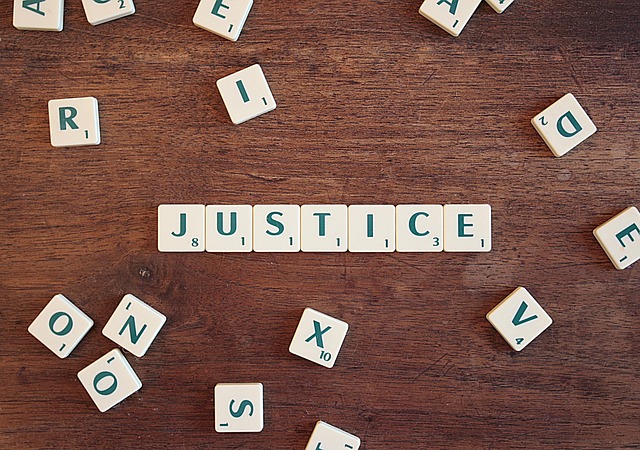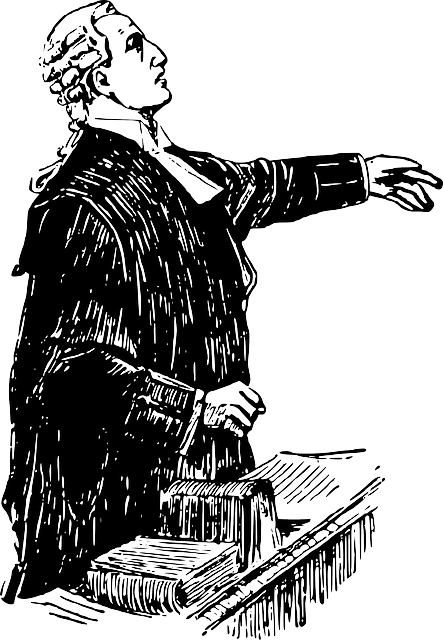Establishing duty and breach of care is vital in a wrongful death claim, requiring proof of legal responsibility and deviation from accepted standards. Causation must be shown through evidence like medical records and witness statements. Damages assessment includes medical bills, funeral costs, lost earnings, pain & suffering, and emotional distress. Legal precedent guides negligence interpretation, with claimants bearing the burden of presenting compelling evidence to establish a direct causal link between defendant's actions and decedent's death. Strict evidence requirements are necessary for successful settlements.
In the heart of any successful wrongful death claim lies a compelling narrative of negligence. Proving this element is an intricate process, demanding meticulous attention to detail. This article guides you through the crucial steps: from establishing the duty of care and demonstrating its breach, to unraveling causation and quantifying damages. We delve into legal precedents and the evidence required, offering insights essential for navigating the complex landscape of wrongful death claims.
- Establishing Duty and Breach of Care
- Causation and Damages in Wrongful Death
- Legal Precedent and Evidence Requirements
Establishing Duty and Breach of Care

In a wrongful death claim, establishing duty and breach of care is a fundamental step towards proving negligence. The existence of a legal duty requires demonstrating that there was a relationship where one party owed a specific standard of care to another. This duty can arise from various sources, such as contractual agreements, professional roles, or social norms. For instance, in medical settings, healthcare providers owe a duty of care to their patients, while employers have a duty to protect employees from hazardous work conditions. Failure to fulfill this duty constitutes a breach, which is the core element of a negligence claim.
Breach of care can manifest as an action or inaction that deviates from the accepted standard. This might include medical errors, safety violations, or neglect. In employment disputes, for instance, a breach could be an employer’s failure to address known risks on the jobsite. Similarly, in wrongful death claims involving professionals, such as lawyers or accountants, breach of fiduciary duty may be argued if they act outside the scope of their professional responsibilities, leading to harmful outcomes.
Causation and Damages in Wrongful Death

In a wrongful death claim, establishing causation is paramount to proving that the defendant’s actions or inactions directly led to the decedent’s demise. This involves demonstrating a direct and substantial link between the alleged negligence and the fatal outcome. An auto accident lawyer specializing in wrongful death cases will typically gather evidence such as medical records, crash reports, and eyewitness testimonies to illustrate the sequence of events and the severity of injuries incurred, ultimately showing how these factors contributed to the death.
Determining damages is another critical aspect. The surviving family members or beneficiaries of the wrongful death claim can seek compensation for various elements, including but not limited to medical expenses incurred before the decedent’s death, funeral and burial costs, loss of earnings, pain and suffering (if applicable), and non-economic damages such as emotional distress. An experienced accident lawyer will help navigate these complexities, ensuring that all eligible damages are considered in a wrongful death claim.
Legal Precedent and Evidence Requirements

In the context of a wrongful death claim, establishing negligence is a complex task that heavily relies on legal precedent and robust evidence. The principles set forth by previous court cases serve as guiding stars for current and future litigation, ensuring consistency in interpreting the law. When pursuing such a claim, it’s crucial to understand the specific legal standards and precedents applicable to wrongful death cases in your jurisdiction. These precedents outline the threshold requirements for proving negligence, setting a benchmark for similar cases that follow.
Evidence plays a pivotal role in supporting the allegation of negligence. The burden of proof lies with the claimant, who must present compelling evidence to establish a direct causal link between the defendant’s actions (or inaction) and the decedent’s death. This may include medical records, witness testimonies, expert opinions, and any relevant documents that can substantiate the claim. Unlike commercial disputes or partnership disputes where financial losses might be at stake, wrongful death claims are deeply personal and involve demonstrating a breach of duty that led to an irreversible loss. As such, the evidence requirements are stringent, demanding a thorough and meticulous approach to ensure a successful outcome in accident settlements.
Proving negligence in a wrongful death claim requires a thorough understanding of duty, breach, causation, and damages. By examining legal precedent and evidence requirements, individuals can navigate the complex landscape of wrongful death cases. Understanding these key concepts is essential for presenting a compelling argument and securing justice for the loss of a loved one. In terms of strengthening your case, gathering comprehensive evidence and relying on established legal precedents will significantly enhance your chances of success in a wrongful death claim.






